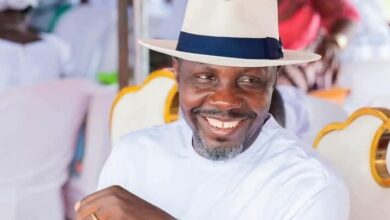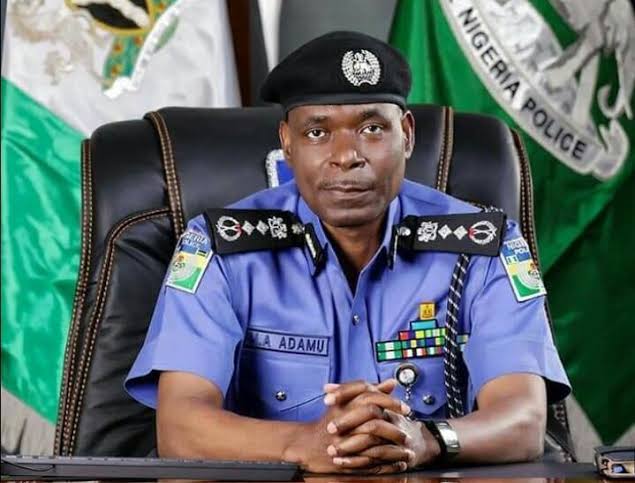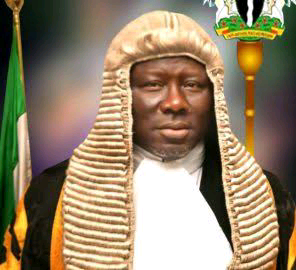News
We Are Ijaws Of Gbaramatu Not Itsekiris– Ijaghala Community
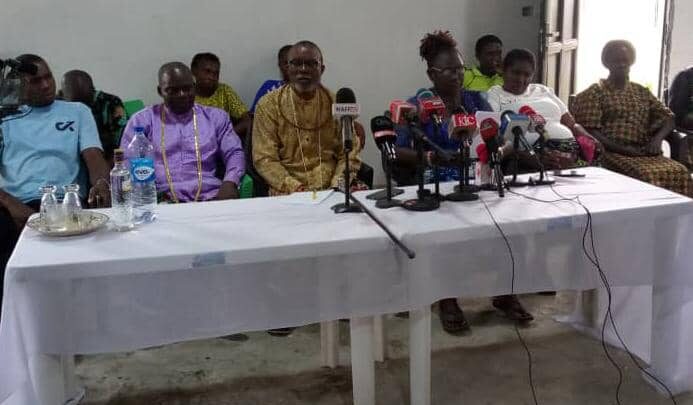
Ogheneruona Tejiri, Ijaghalla (Gbaramatu)
The people of Ijaghala Community also known as Zou-Ala Uba made up of elders, women, men as well as youths of Warri South West Local Government Area of Delta State have categorically declared that they are Ijaws of Gbaramatu Kingdom and not of Itsekiri descent.
The people who gathered in their hundreds at their ancestral Community Town Hall formally denounced what they called “age-long misrepresentation of Ijaghala community as an Ugborodo Community instead of a Community that originated from Gbaramatu Kingdom”.
They called on the general public, Local, State and Federal Governments and the international community to take notice of their affirmation “that Ijaghala (Zou-Ala Uba) community having an ancestral lineage with Gbaramatu kingdom in Warri South West Local Government Area, Delta State and will continue to affirm and remain in the traditional institution of Gbaramatu kingdom”.
They reeled out the historical origin of Ijaghala community to their ancestor who founded it at about the 11th century explaining that the community “used to be a fishing and palm wine tapping camp of Gbaramatu forebears before Egbegha was born and prior to the existence of Ugborodo”.
Their affirmation and declaration is contained in a statement jointly signed by Chief Sam Eyengho, Tieyemienwei of Gbaramatu Kingdom, Mr. Sunday
Akpafundlire, Mr. Wilson Abeson, Youth President, Mrs. Grace Mofe, Mrs. Dolor Utseoritselaju, Mr. Ebi Jolomi and Mrs. Mary Dsangbajumi and read by Mrs. Grace Mofe was presented to journalists at a press conference, they further affirmed that “Ijaghala (Zou-Ala Uba) is an Ijaw community in Gbaramatu Kingdom, Warri South West Local Government Area, Delta State”.
According to the people, “the general public, Local government, Federal government and the International community should take note that ljaghala (Zou-Ala Uba) community in Gbaramatu Kingdom is an Ijaw community and is never, was never and will never be part of Itsekiri ethnic nationality.
“It has been called Zou-Ala Uba because of the distance from the entrance to other adjoining creeks and creeklets.
“Oweizibiri, the father of Egbegha, had earlier settled with other Ijaw indigenes in Amadino (Omadino) before he left his kinsmen to settle in Ikantu. After several years, Egbegha relocated from Ikantu to Oporoza from where he moved to Zou-Ala Uba and lived permanently. Despite the fact that so many great men of Gbaramatu Kingdom had lived in Zou-Ala Uba and engaged in their natural occupation of fishing, hunting and palm wine tapping, Egbegha’s permanent stay in Zou-Ala Uba, made him known as the founder of the community. He died as an old man and was buried in Oporoza, the Traditional Headquarters of Gbaramatu Kingdom.
“After Egbegha had settled at his newfound community, he took a wife from Ugborodo by name Erigbawewenimara, and the marriage had two children, namely Egogo and Asako. While growing up these children were more closed to their Ugborodo mother who spoke Itsekiri dialect with them. In turn, Egogo also married Itsekiri women and brought them to Ijaghala (Zou-Ala Uba). Egogo through his marriage gave birth to a number of children, who also spoke Itsekiri dialect. This is how Itsekiri dialect became by
some of Ijaghala people and thus the community became affiliated to Itsekiri ethnic group”.
The people declared, “from the foregoing, we want to categorically state and inform the general public, local, state, and federal governments and the international community that Ijaghala (Zou-Ala Uba) community having an ancestral lineage with Gbaramatu kingdom in Warri South West Local Government Area, Delta State and will continue to affirm and remain in the traditional institution of Gbaramatu kingdom.
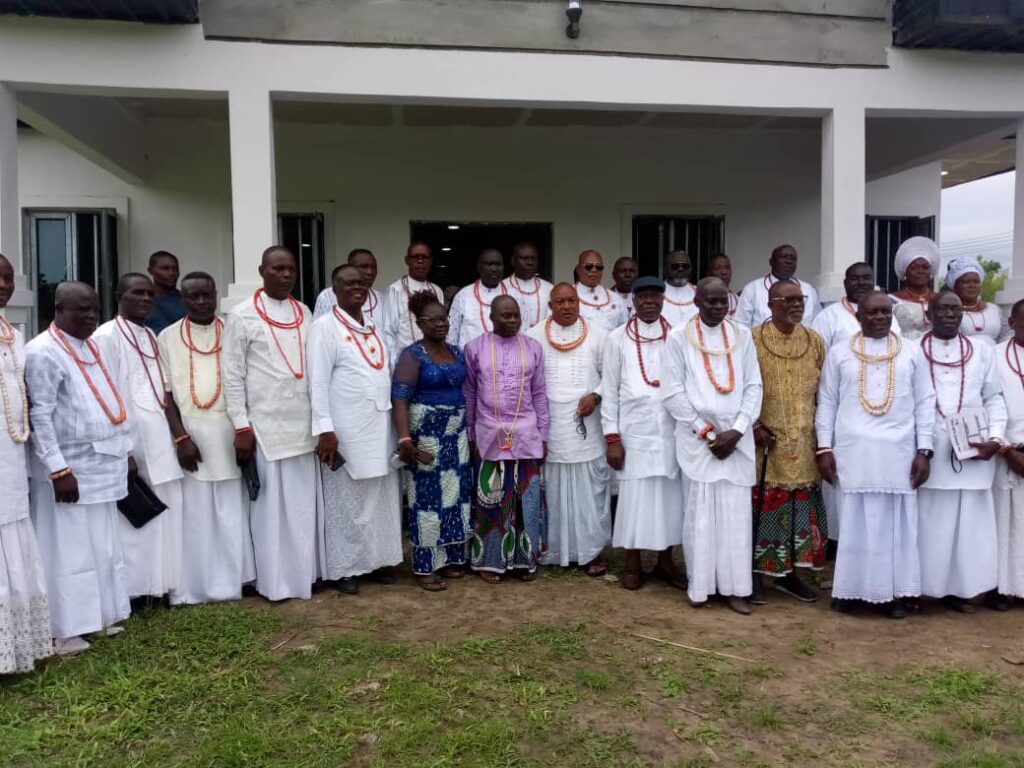
“We hereby pledge our loyalty and allegiance to HRM, Oboro Gbaraun II, (JP) Aketekpe, Agadagba, The Pere of ancient Gbaramatu Kingdom”.
Also speaking on the occasion, the Fiyeowei (Spokesman) of Gbaramatu Kingdom, High Chief Godspower Gbenekana called for sustained peaceful coexistence among the entire residents of Ijaghala community.
He warned that whoever is found to be causing/instigating trouble would be made to face the full wrath of the law.
End
